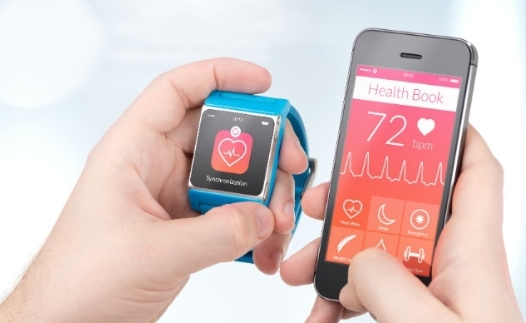Mobile technology has transformed many aspects of our daily lives, including how we access healthcare services. With the rise of smartphones and mobile apps, individuals now have the ability to connect with healthcare providers and access medical information at their fingertips. This article will explore how mobile technology is revolutionizing healthcare and changing the way we interact with medical services.
Convenience at Your Fingertips
One of the most significant benefits of mobile technology in healthcare is the convenience it offers. With the use of mobile apps, patients can schedule appointments, access medical records, and even consult with healthcare providers from the comfort of their own homes. This eliminates the need for lengthy wait times and allows individuals to receive timely care without having to leave their homes.
Improved Access to Medical Services
Mobile technology has also made it easier for individuals to access medical services, particularly for those living in remote or underserved areas. Through telemedicine platforms, patients can receive virtual consultations with healthcare providers, receive prescriptions, and access medical advice without the need to travel long distances. This has been particularly useful during the COVID-19 pandemic, where in-person visits have been limited.
Personalized Healthcare Solutions
Mobile technology has also enabled the development of personalized healthcare solutions that cater to the individual needs of patients. With the use of wearable devices and health tracking apps, individuals can monitor their vital signs, track their fitness levels, and receive real-time feedback on their health status. This data can be shared with healthcare providers to create personalized treatment plans that are tailored to the specific needs of each patient.
Enhanced Communication between Providers and Patients
Mobile technology has also improved communication between healthcare providers and patients. Through secure messaging platforms and video conferencing tools, patients can easily communicate with their doctors, ask questions about their treatment plans, and receive updates on their medical conditions. This real-time communication has helped to improve patient satisfaction and outcomes by ensuring that patients are informed and engaged in their own care.
In conclusion, mobile technology has revolutionized healthcare by making medical services more accessible, convenient, and personalized. With the continued advancement of technology, we can expect to see further innovations in the healthcare industry that will continue to improve the way we access and receive medical care. By embracing these changes, we can look forward to a future where healthcare is more efficient, effective, and patient-centered.

